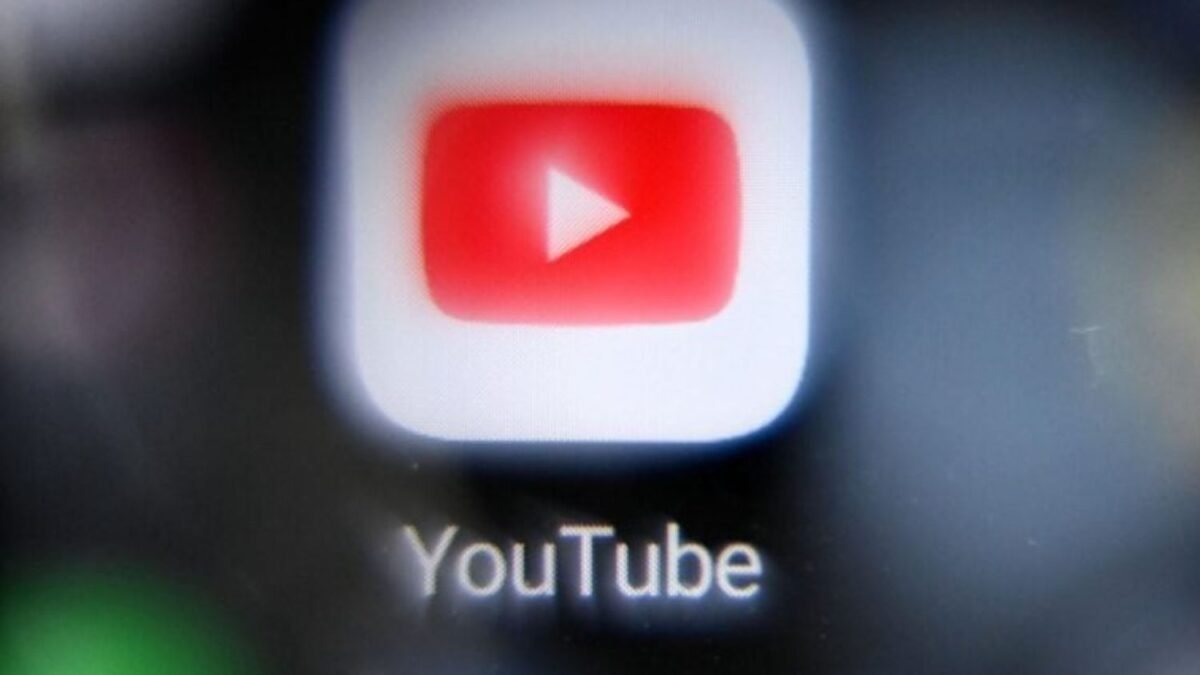YouTube is about to start guessing your age to keep the little ones safe

YouTube is no longer going to trust you to tell the truth when you enter your date of birth. On Tuesday, the platform announced that it will be implementing new age estimation tools that will attempt to verify a person’s age based on various indicators. This is part of an effort to prevent younger users from accessing adult content and to provide “appropriate experiences and protections for each age group.”
Everything Will Be Safer, Right?
The age inference system — which will initially be tested with a small group of users in the U.S. over the next few weeks before expanding later this year — uses machine learning to analyze different signals about a user in order to determine their age. These signals include the types of videos they search for, the categories of content they consume, and how long their account has been active.
The goal is to identify teenage users and offer them a more age-appropriate experience. What does that exactly mean? If it is determined that a user is under 18, YouTube will disable personalized advertising, activate digital well-being tools such as reminders to take breaks, and set certain limits to prevent the minor from repeatedly viewing certain types of content. Hopefully, this will prevent these teenagers from being exposed to extreme or harmful content.
The company stated that users can identify themselves as being over 18 and opt for a less restricted experience. So, if you watch a lot of Minecraft videos but do so in a very adult and mature way, you can indicate that. You just need to provide a credit card or an official identification document. If YouTube infers, based on your signals, that you are over 18, you will simply receive the standard platform experience.
Protecting Minors
YouTube’s age inference system comes at a time when the internet seems to be entering a new stage of age verification. Earlier this month, regulations came into effect in the UK requiring sites with adult content to verify the age of their users, applying a stricter system that limits access to platforms such as Pornhub or Reddit unless the user proves they are of legal age. While the implementation has been questionable and many users have already found ways to bypass it using VPNs, these laws are gaining ground.
Earlier this year, the U.S. Supreme Court ruled that a Texas law requiring pornographic sites to verify the age of their users is constitutional. Many other states have passed similar laws, some of which also target social networks in order to protect teenagers from the addictive and harmful effects of these platforms, although there is also the risk of limiting their ability to communicate and participate in community.
YouTube has clearly gotten the message: age verification is here to stay. Papers, please.




